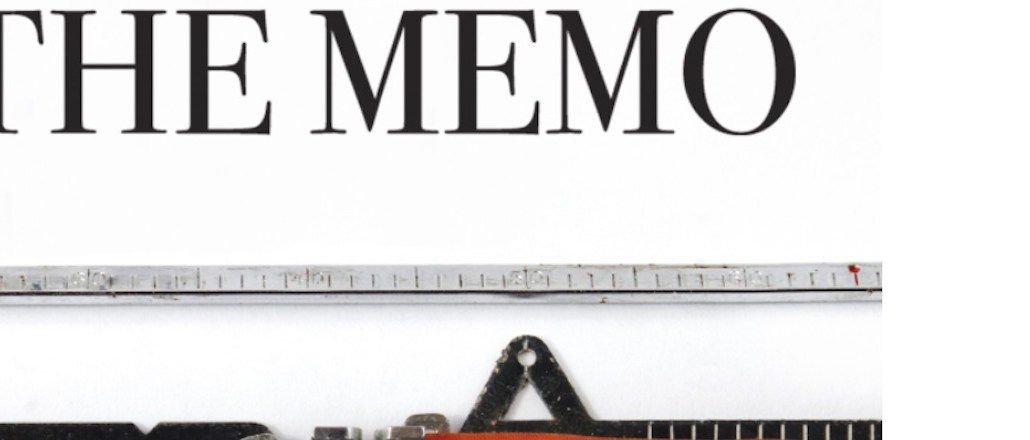Secure your place at the Digiday Publishing Summit in Vail, March 23-25

The Memo is a digital publisher with a twist: The tech news and analysis website offers its editorial services to brand clients looking to up the quality of their own content.
The site created headlines when it launched 18 months ago because it was one of the only examples in the U.K. of a digital publisher going to market simultaneously with a content studio, called Creative Agenda. The twist: The Memo’s reporters and reviewers are also creating the branded content for Creative Agenda.
Brands that prefer to run their own content rather than standard advertising can hire The Memo’s editorial team to create their newsletters or other content-marketing assets as part of wider campaigns.
“There’s no editorial conflict,” said The Memo founder and chief editor Alex Wood. “Essentially we export what we’ve developed in-house editorially into a commercial application. It began with brands getting in touch to say they liked our tone and structure of content on things like our weekly newsletter, and asking us if we could replicate something similar for them to use in-house.”
Creative Agenda chalked up £100,000 in revenue ($125,000) since last February, all from its London-based team, who produce daily editorial for The Memo and also create content for brands like patent law firm Kilburn & Strode, Norwegian incubator Oslo Business Region and the Telegraph. The site also has associate editors abroad in countries like the U.S.
When it comes to volume of content, The Memo editorial team sticks to the less-is-more approach, publishing just half a dozen stories a day. Stories that have resonated well with U.K. and U.S. are ones like “Apple Pay one year on: Flop or Fabulous?” “Tearful mum thanks Pokemon Go for changing autistic boy’s life” and “This website shows you what it would be like to read as a dyslexic.”
Now it has plans to expand into the States and is hiring several editors to report from the East Coast and New York. America is already its second-largest audience after the U.K., where it claims a modest 500,000 monthly unique visitors, and a newsletter subscriber base of 20,000. The endgame for The Memo is not about building scale which it can then monetize with advertising (though it does offer standard advertising on its website and newsletters) but to figure out a sustainable future for its form of journalism.
And yet building an online presence in the U.S. is tough. Last year saw major publishers like the Guardian and Mail Online, dial back their U.S operations. A small outfit like The Memo has its work cut out, despite the six-figure fundraising round it has just closed.
“To launch in the U.S., you essentially have to build an entirely new editorial product, with all the costs that entails and pitch to an audience which is already engaged by a vast and saturated market of online newsbrands both domestic and international,” said Thomas Caldecott, media research analyst at Enders.
The Memo also runs standard advertising and sponsorship fare for advertisers, but it’s with the agency that it can differentiate. Offering journalism skills and content to brands, without the typically high price tag charged by the major publishers, could be an interesting niche for the company, according to DigitasLBi’s strategy director David Carr.
“Lots of brands adopted this ‘brands as publisher’ model but the content they produced often looked and smelled like an ad or like a pulled punch, because once the copy has gone through several lines of legal and compliance, you’d often end up with something pretty wishy-washy compared to the real thing,” said Carr. “They can offer journalism-level quality but without the associated price tag.”
More in Media

How creator talent agencies are evolving into multi-platform operators
The legacy agency model is being re-built from the ground up to better serve the maturing creator economy – here’s what that looks like.

Why more brands are rethinking influencer marketing with gamified micro-creator programs
Brands like Urban Outfitters and American Eagle are embracing a new, micro-creator-focused approach to influencer marketing. Why now?

WTF is pay per ‘demonstrated’ value in AI content licensing?
Publishers and tech companies are developing a “pay by demonstrated value” model in AI content licensing that ties compensation to usage.





